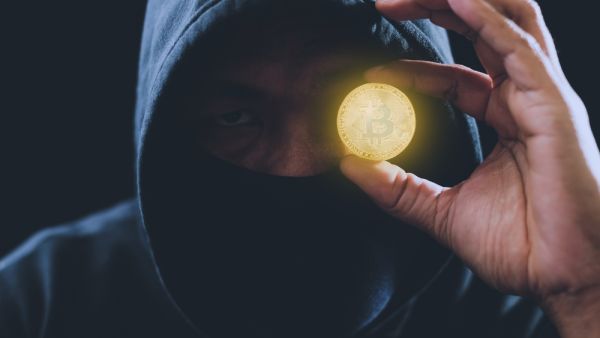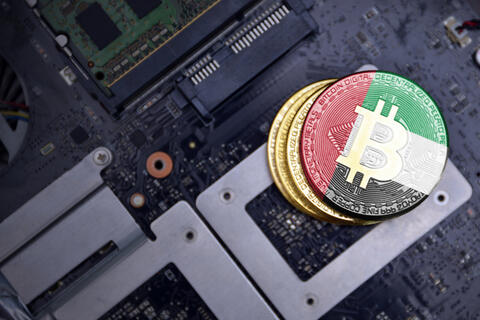Whether crypto prices rises or falls, there’s been a lot of table-talk recently about whether does this proclaimed neutral, decentralized, digital monetary network that lets any two people anywhere in the world exchange money have a dark side? Well, everything has a downside, and crypto is no exception.

The potential benefits of cryptocurrency have even prompted some central banks to explore launching central bank digital currencies. However, before we get there, we should take a step back and consider the risk that comes with the promise of anonymity, which is only one dimension of the threat.
The Dark Side of the Crypto World
-
Lack of Regulation
Except for a few up-to-date countries like UAE, a lot of governments have failed to maintain any regulation over cryptocurrency. Some countries have tried to regulate it as a formality, recognizing that it is beyond their control specially that there are privacy-enhanced crypto wallets, crypto mixers, and shapeshifters.
Because of the industry's lack of regulation, SEC head Gary Gensler has referred to cryptocurrency as the "Wild West." Due to a lack of regulations and policies governing this developing field, extensive fraud, frauds, rug grabs, and market manipulation have occurred.
The regulatory framework aims to safeguard investors and maintain financial stability while allowing for innovation and increasing the attractiveness of the crypto asset market.
-
Volatility in Prices
The volatility of crypto-assets has sparked a heated debate about whether they are a bubble, a passing fad, or a revolution akin to the internet that will upset the financial system and eventually replace fiat currencies.
Bitcoin, for example, increased by more than 70% in the first quarter of 2021, but plunged by 30% in the course of the day on May 19, that year, before recovering part of its value. Some argues that this ncredibly topsy-turvy investment poses a risk to broader financial stability.
-
Weaponize the Internet
As the largest European military conflict since World War II deepens, both parties are utilizing the borderless and permissionless method of payment to gain an edge in the geopolitical showdown. Throughout history, political leaders and governments led their nations into unjustifiable wars. Unfortunately, although it’s 2022, not much has changed as crypto became instrumental in funding conflict used by kleptocrats, autocrats and technocrats.
-
Money Laundering and Extortion
The same reason crypto is so appealing is also what makes them dangerous, which is anonymity. Cryptocurrency is easily exploited for unlawful reasons, emits a high amount of CO2, is unregulated, and there is no guarantee of profit in every circumstance. These are only a few of the negative features of crypto, which some may claim outweigh the benefits it may provide to society as a whole.
-
Climate change
The University of Cambridge Centre for Alternative Finance monitors the first and largest crypto by market cap bitcoin's electricity consumption, which has risen dramatically in recent months. Bitcoin mining now consumes as much electricity as Sweden, with an estimated yearly consumption of 14.7 GW. If bitcoin reaches Cambridge's upper bound of 50 GW, it will consume roughly as much energy as Germany, the world's fourth largest economy.
According to the researchers, under the best-case scenario, bitcoin use will lead global temperature rise to exceed the 2°C barrier in 22 years, which is far faster than what the Paris Agreement on climate change anticipates. Paris plans to keep temperature rises far below 2°C this century, mostly through the deployment of renewable energy. If the average rate of bitcoin adoption is utilized instead, the 2°C limit will be reached in 16 years, according to the researchers.
While some proponents of Bitcoin argue that the energy-intensive procedure is believed necessary for the digital economy, the current banking system necessitates and wastes more energy on antiquated and slow operations. According to a recent report by New York-based fund Ark Investment Management, "Bitcoin is significantly more efficient than traditional banking and gold mining on a worldwide scale."











